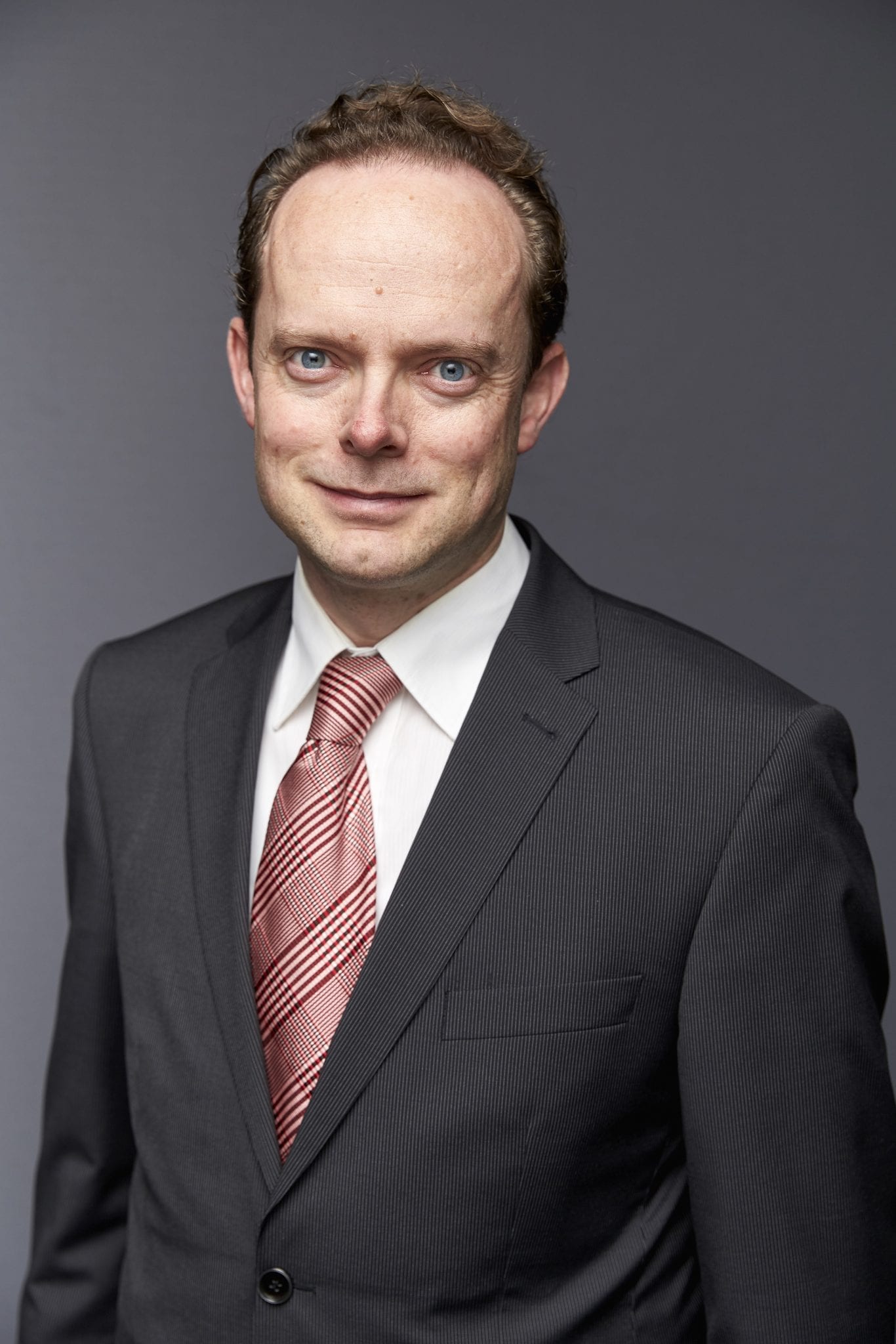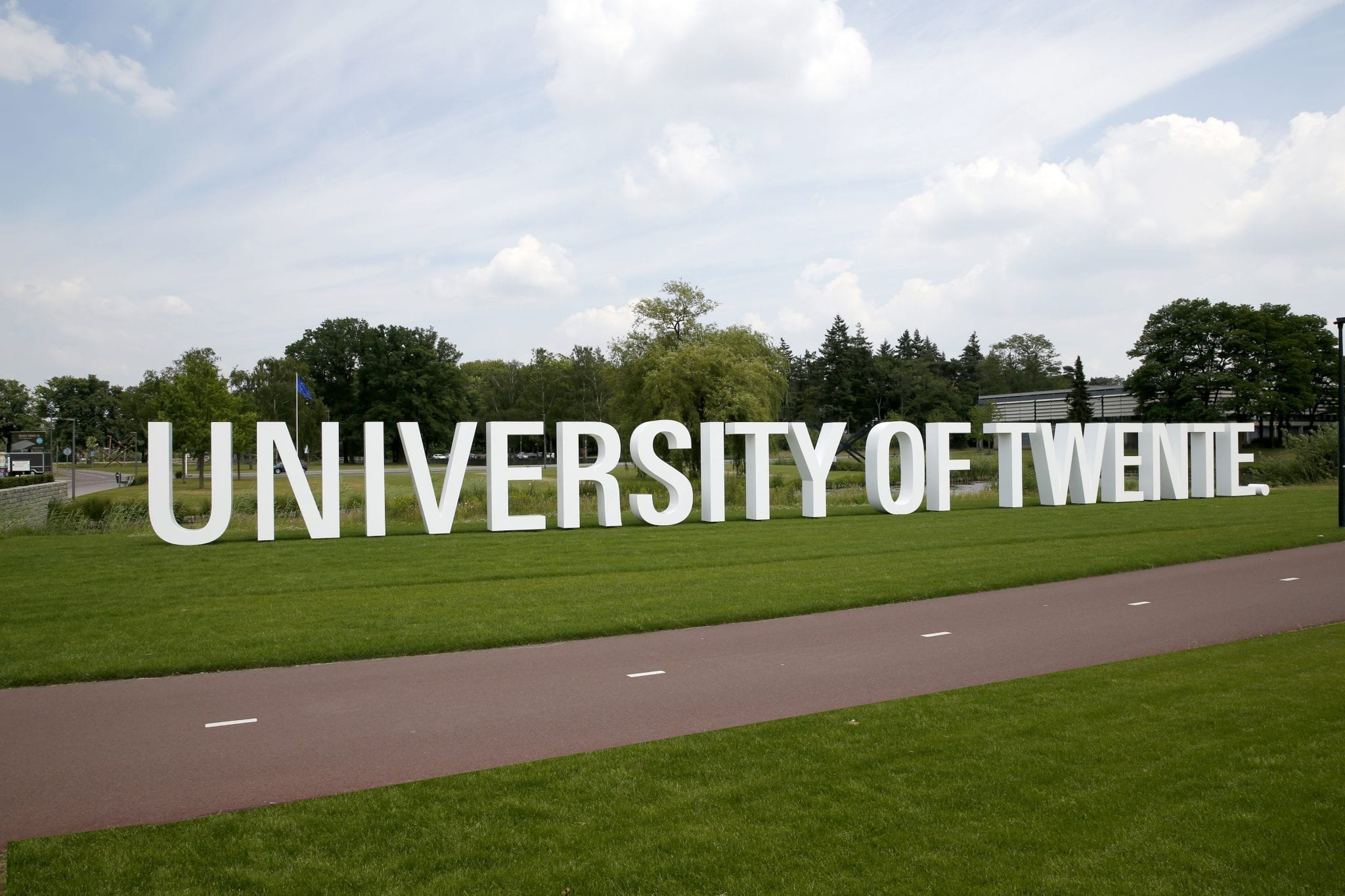The Next Organization is celebrating its 10th birthday! A true milestone that we are very proud to have achieved. To celebrate 10 years of helping clients to grow their business, we are publishing 10 inspiring client interviews throughout the year. With our clients we will talk about how the world has changed and which challenges they have overcome, what developments they see in their market, predict what their industry will look like in 10 years and which challenges lay ahead of them. Read all about it in the interview below.
Interview with Professor Ad de Jong (Copenhagen Business School)
Knowledge is at the core of our service through which we help our clients. In order to maintain and develop relevant knowledge, we closely collaborate with business schools and universities. In this series, we spoke with our long-standing partner Ad de Jongwho is professor in Marketing at Copenhagen Business School (CBS). Besides working closely together on developing and organising the Marketing & Sales Game (M&S Game), De Jong is member of the 'Academic Board' at The Next Organization. We will discuss our collaboration and draw links between education - knowledge development - consulting in a couple of key themes.
"The human factor is of crucial importance, in business but also in education." - Ad de Jong

Looking back on our collaboration: network is key in opening doors to fruitful collaborations
De Jong mentions: "Contacts lead to contacts. What we saw in our collaboration is the essential role of our network." But let's go back in time. Our collaboration started off with a guest lecture in late 2012 on Customer Journeys at the University of Eindhoven. This took further shape through developing the M&S Game together. Eventually, the M&S Game succeeded to get on the international stage at both Aston Business School in the UK and CBS in Denmark.
Blended, peer-review and life-long learning as the present and future of education
Full online education has its drawbacks, as we have seen the last years. The personal touch is lost for example. To overcome this challenge, 'blended learning' is a good alternative. In blended learning, 'physical' education is combined with online tools. As such, the human touch can be still ensured. This turns out to be the most effective way to build trust as well as maintain and develop quality in relations.
Besides blended learning, peer-review learning has become more popular over the past ten years. This entails that students assess each other, which improves commitment and involvement.
Another common trend is life-long learning. Instead of 'just' finishing your university degree and start working, people demand learning in a more sustainable way. For example, alumni networks play an important role in this. Knowledge and skills that are present in different domains can be shared among peers.
From output to a process based
Back in the days, Frederick Taylor introduced the output-based way of working. In this, employees are assessed on how much they deliver. However, this is not possible anymore in today's society. De Jong states: "It is not only about hitting the numbers in the short run in a most cost-effective way, which causes extreme pressure on the workforce and may come at the expense of quality. Rather, we should pay more attention to the process itself. Instead of focussing merely on output, we should adopt a more process-based way of working.
Professor De Jong closes: "In doing so, a long-term vision remains critical. We should aim at sustainability and sustainable solutions, taking into account the political and economic context."
Digital technologies as a vehicle in education
"Digital technologies have become more profound in education. I personally use them in my lectures to accommodate value co-creation among students." According to De Jong, the role of digital technologies has become increasingly important. Digital technologies should especially be applied to accommodate main processes, not so much as ways to save money. They should be supportive tools in everything we do but not so much serve as a replacement. For instance, in sectors, like banking, this is obvious. Previously banks used to be reliable partners. Over the last decades, however, they heavily invested in digital technologies. Due to their myopic and overoptimistic view on social media as replacer, banks hardly offer any face-to-face meetings nowadays, which comes at the expense of a personal contact with customers. Hence, digital technologies turned out a double-edged sword in this case!
Shifting roles for education suppliers
Depending on the specific country in which education takes place, the role of academics changes. Especially in northern countries, professors and teachers have moved from a 'supervisor' towards a 'coach' role. Even though there exist different opinions on this shift in roles, students' voices become more profound. De Jong mentions: "Nowadays' students can express their wishes as to how to make use of professors' and lecturers' knowledge: as an expert, a supervisor, or a critic. As such, students are the 'customers', while professors are the 'suppliers' and we move towards a traditional customer-supplier relationship. Drawbacks such as superficiality and less advanced topics are 'compensated' by the fact that students' voices are better heard.
Ad de Jong and The Next Organization keep working intensively together in helping businesses, develop knowledge and organise education. The themes above are also in our collaboration of key importance to help the world a little forward. We will regularly post updates, so stay up to date and follow us on LinkedIn!



